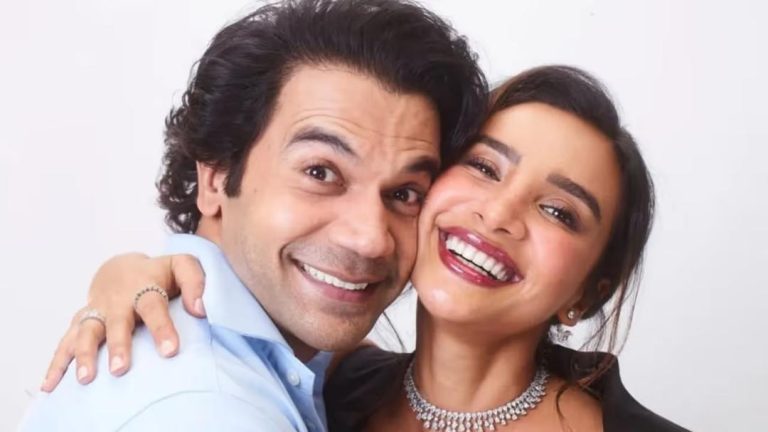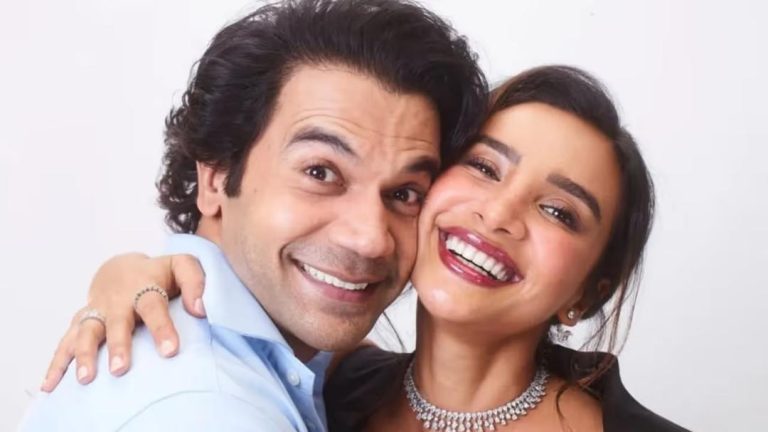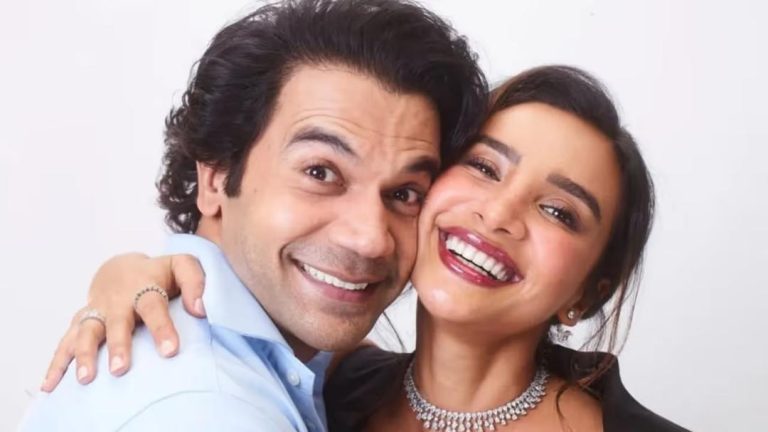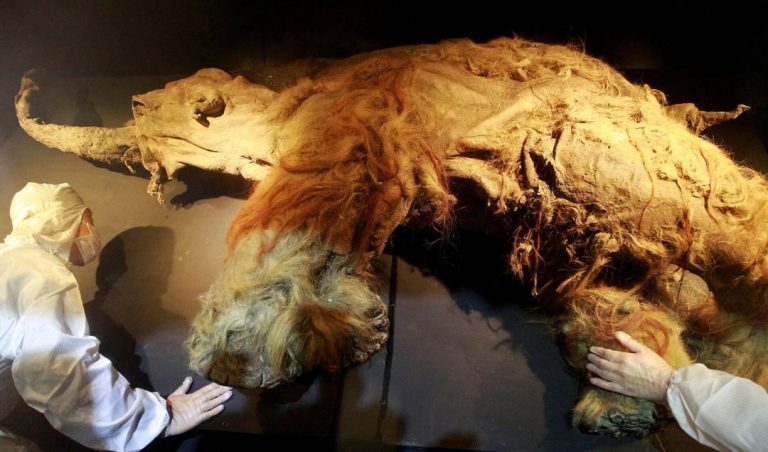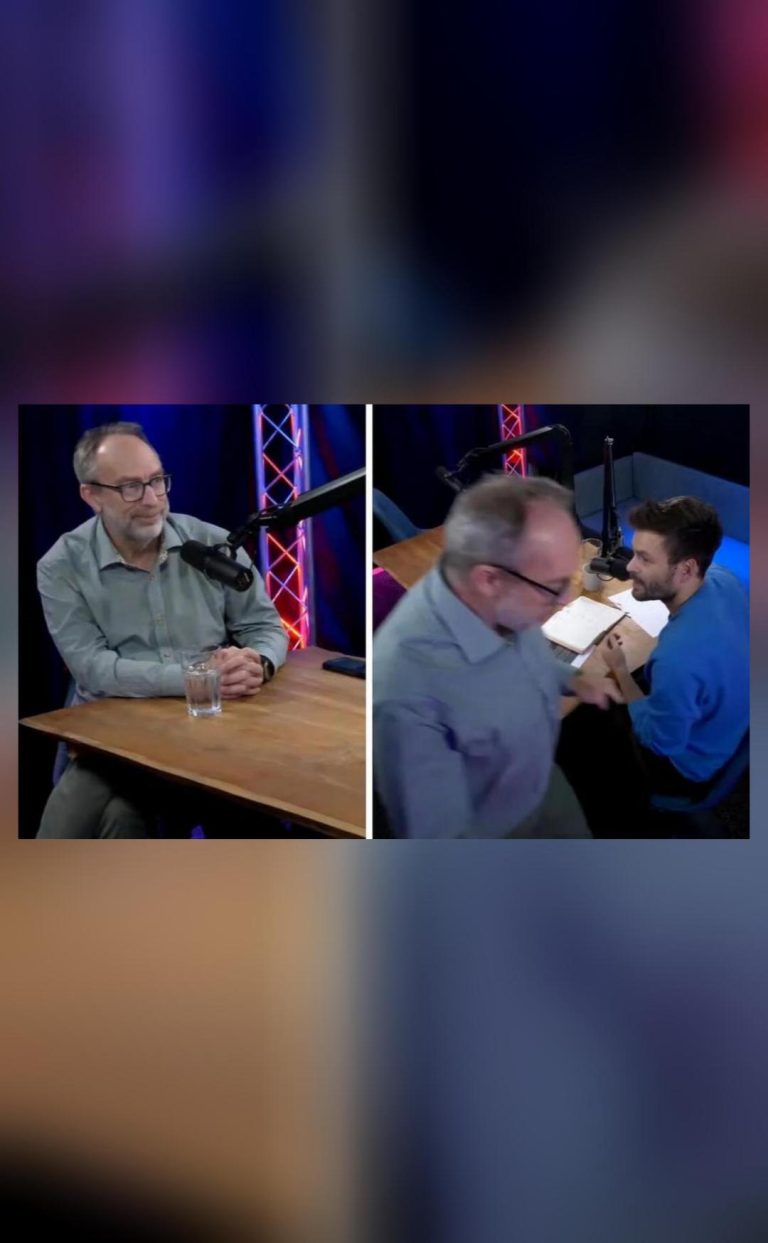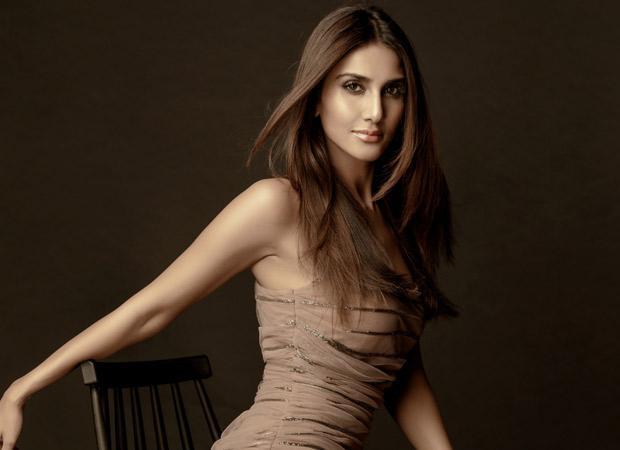
Don’t get volatile behaviour: Vaani on censorship & cancel culture
In the recent past, the topic of censorship and cancel culture has been making headlines in the entertainment industry. The latest instance is the ban on the release of the film ‘Abir Gulaal’ in India, which has sparked a debate on the restrictions imposed on artists’ creative freedom. In an interview, actress Vaani Kapoor shared her thoughts on this issue, expressing her concerns about the volatile nature of cancel culture and the impact it has on the freedom of artists to explore new ideas.
Vaani, who has been a part of the industry for several years, has witnessed the evolution of social media and its role in shaping public opinion. She believes that the instant gratification provided by social media has led to a culture of outrage, where people are quick to condemn and boycott artists for their opinions or actions, without giving them a chance to explain or apologize.
“I don’t get this volatile behaviour,” Vaani said in the interview. “One wrong statement, and there are calls for cancel and boycott. I think it’s really unfair. I’m not saying that people shouldn’t have the right to express their opinions, but at the same time, we should also be open to listening to each other and understanding each other’s perspectives.”
Vaani’s comments come at a time when the film industry is grappling with the issue of censorship and the restrictions it places on artists’ creative freedom. The actress believes that censorship is not the solution to the problem, as it sets boundaries for artists and restricts their ability to explore new ideas and themes.
“I’m not into censorship,” Vaani said. “I think it’s important for artists to have the freedom to express themselves and explore different themes and ideas. Censorship can stifle creativity and lead to a lack of originality in our work.”
Vaani’s views on cancel culture and censorship are not unique to her. Several artists and industry professionals have spoken out against the trend of instant condemnation and boycott, arguing that it is unfair and stifling to creative freedom. However, Vaani’s comments are significant because they highlight the impact that social media has on public opinion and the need for people to be more open-minded and understanding.
The issue of cancel culture and censorship is not limited to the entertainment industry. In recent years, we have seen instances of people being canceled or boycotted for their opinions or actions, even outside of the entertainment industry. The trend has been fueled by social media, where people can share their opinions and mobilize support for a particular cause or individual in a matter of minutes.
However, Vaani believes that social media can also be a powerful tool for good, if used responsibly. She believes that it is important for people to use social media to engage in respectful and open-minded conversations, rather than to spread hate and intolerance.
“I think social media can be a great platform for artists to connect with their fans and to share their thoughts and opinions,” Vaani said. “At the same time, it’s important for people to be responsible and respectful in their online interactions. We should be using social media to promote positivity and understanding, rather than to spread hate and intolerance.”
In conclusion, Vaani’s comments on cancel culture and censorship highlight the need for people to be more open-minded and understanding. While social media has given people a platform to express their opinions and mobilize support for a particular cause, it has also led to a culture of outrage and instant condemnation. By being more responsible and respectful in our online interactions, we can create a more positive and tolerant environment that allows artists to express themselves freely and creatively.
